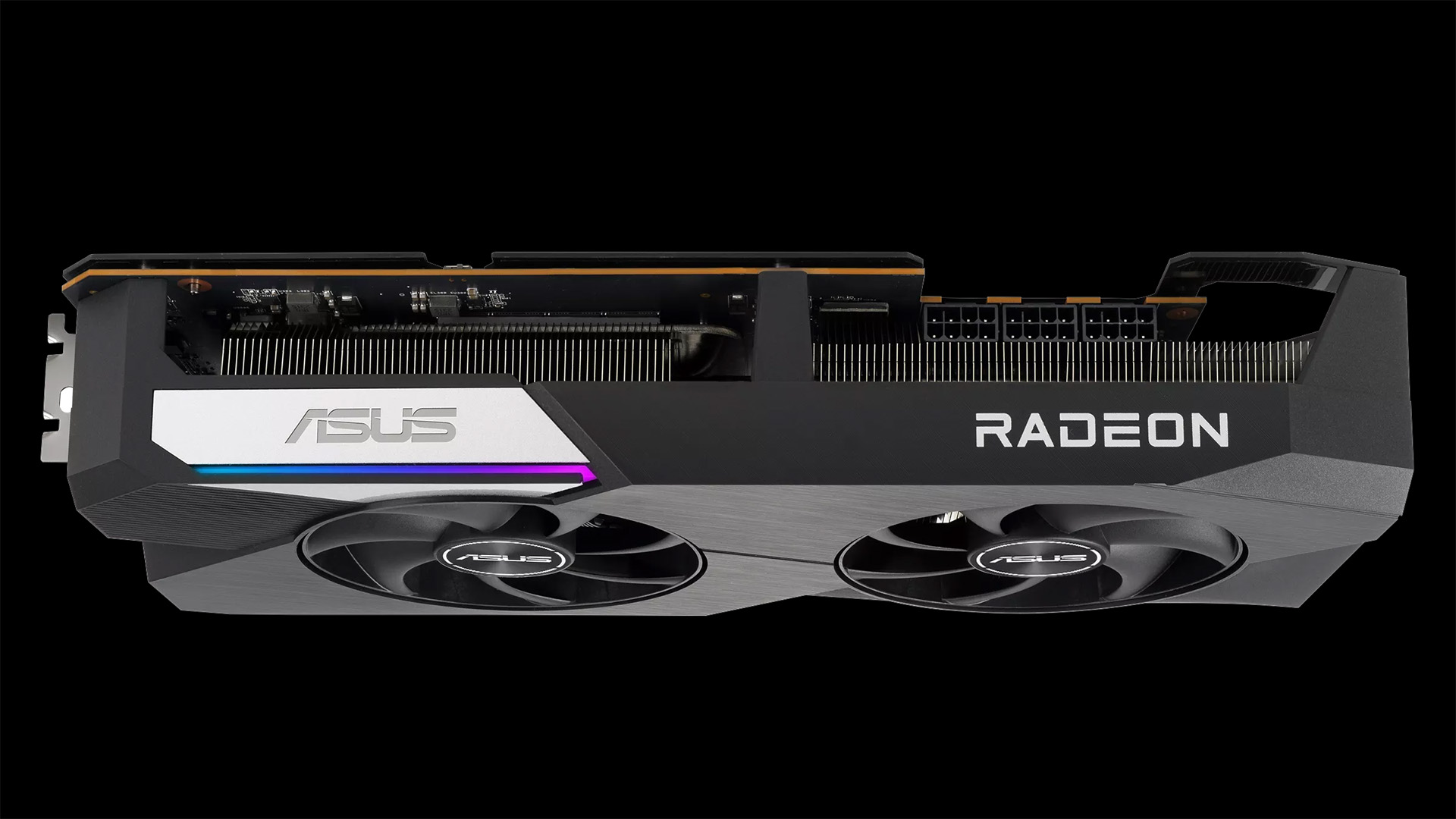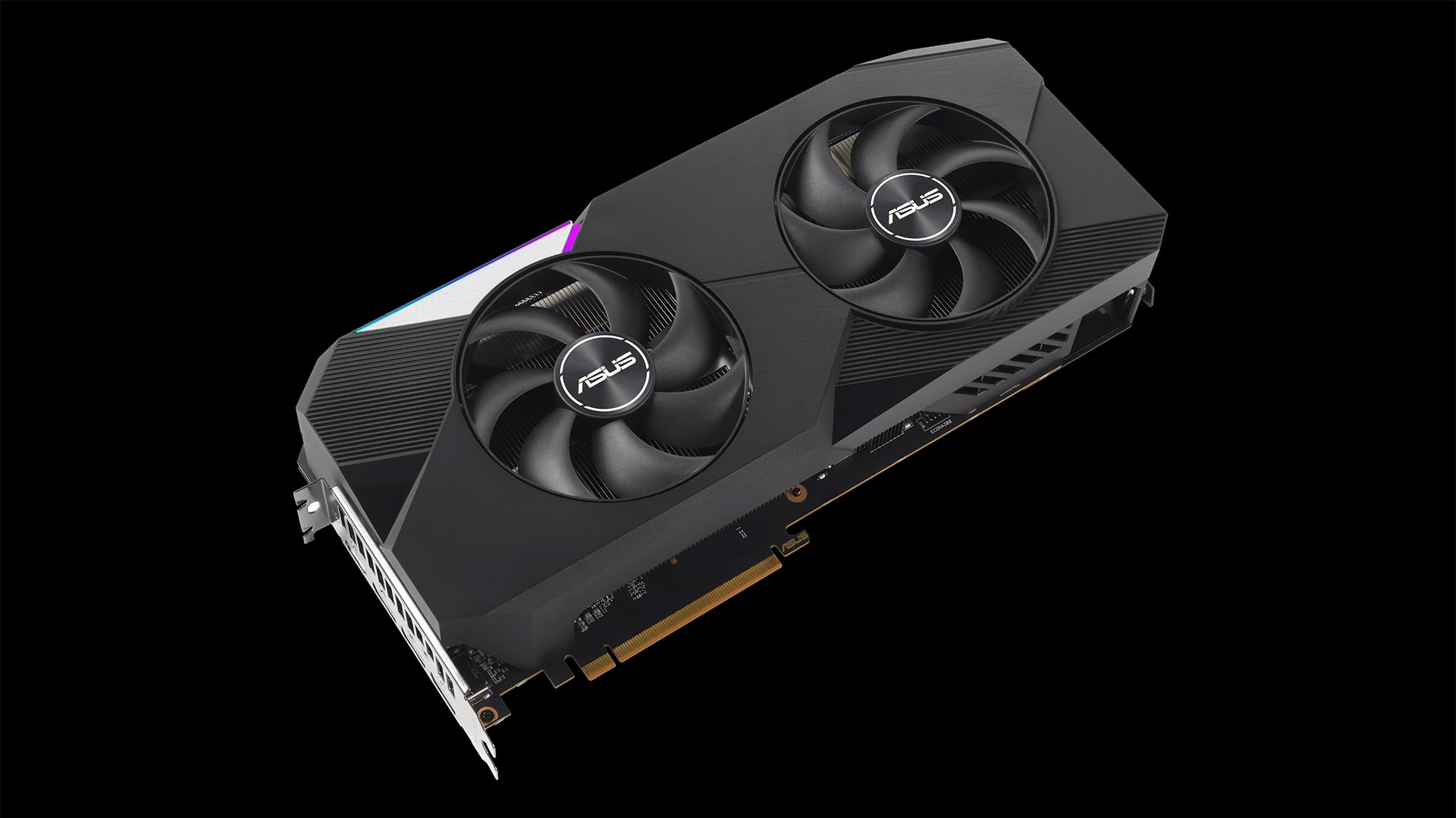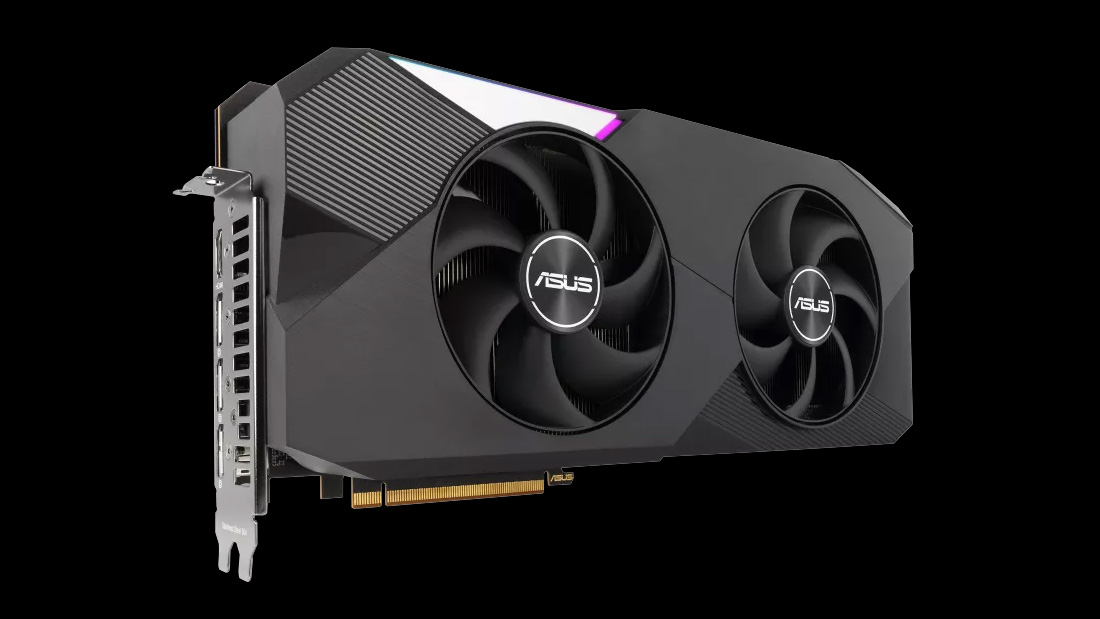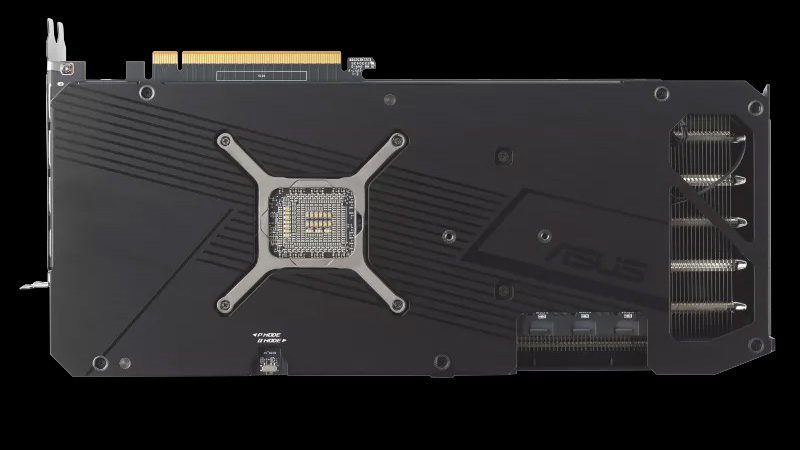Asus launches new dual-fan RX 7900 XT/XTX graphics cards — still with triple 8-pin power and a factory overclock
Possibly the world's first 7900 XTX/XT with just two fans.

Dual-fan cooler designs are relatively scarce in the ultra high-end/flagship GPU space — excepting the quite large RTX 4090, RTX 4080 Super, and RTX 4080 Founders Editions, naturally. Asus has opted to join the group of large and powerful dual-fan coolers with new cards powered by AMD's flagship RX 7900 XTX and RX 7900 XT GPUs, which rank among the best graphics cards.
These Asus models might technically be classified as "entry-level" solutions, which would be an interesting move. The RX 7900 XTX Dual OC and RX 7900 XT Dual OC, are two brand new Radeon 7000-series GPUs sporting a heavily beefed up version of Asus' Dual cooler design — typically found in its entry-level and mid-range GPUs. However, pricing and availability have not been disclosed at this time. Note that, at least looking at Newegg and other stores, these are also the first dual-fan RX 7900 XTX/XT cards to hit the U.S. market.
Asus' new Dual cards are anything but small, measuring 323x147x58 mm. That's quite a bit larger than AMD's RX 7900 XTX triple-fan reference design, which measures 287x123x51.5 mm, or the 7900 XT reference card's 276x113x51.5 mm. This applies to both variants since, as far as we can tell, both share the exact same cooler. That cooler on the 7900 XTX/XT sports the Dual-series trademark black finish, accompanied by a silver accent on the top left of the shroud. On the side, a strip of RGB lighting accompanies the aforementioned silver accent.



Rear I/O consists of three DisplayPort 2.1 (UHBR13.5) connectors and a single HDMI 2.1 connector. Power delivery is aided by three PCIe 8-pin power connectors on both the 7900 XTX and XT models. Boost clocks are 2,535MHz for the RX 7900 XT Dual OC and 2,455MHz boost for the RX 7900 XTX Dual OC — 35 and 55 MHz higher than AMD's reference cards, respectively.
The fans utilize an Axial-tech design that provides a smaller fan hub, allowing each fan to sport longer fan blades. Compared to the Asus TUF series GPUs, the fan blades on these two new Dual series GPUs are much thicker, possibly to account for the lack of a third fan. The fans also come with a dual-ball bearing design which Asus says has a 2x longer lifespan.
The new Asus Dual series GPUs provide a new entry point into Asus' RX 7900 XTX/XT series of graphics cards. Previously, the lowest tier options were the TUF Gaming variants of these GPUs, and presumably these lower-end Dual series alternatives will cost a bit less. Pricing was not listed, but the Dual series historically represents Asus' baseline offerings, which means we can expect the 7900 XTX/XT Dual cards to undercut their TUF counterparts in price. We'll have to wait for reviews to find out how the cards perform as well as how quiet (or not) they are when compared with other similar GPUs.
Get Tom's Hardware's best news and in-depth reviews, straight to your inbox.

Aaron Klotz is a contributing writer for Tom’s Hardware, covering news related to computer hardware such as CPUs, and graphics cards.
-
Notton Asus uses 2 different PCBs between 3 SKUs for their 7900 XTX. Same story with their 7900 XT.Reply
I am curious to know how they save money (BoM) by adding yet another PCB design and new cooler for it. -
phxrider Reminds me of the EVGA Classified 980ti I had... Only 2 fans, but huge and massively overengineered.Reply -
Avro Arrow Reply
I honestly never really liked twin-fan cards. Like, they have their place at the low-end but I've always felt comforted by having three fans instead of two. It's not because of noise because noise never bothered me, not even with my blower-style HD-4870, it's about the cooling for me. I've had triple-fan cards only since my twin HD 7970s.phxrider said:Reminds me of the EVGA Classified 980ti I had... Only 2 fans, but huge and massively overengineered.
Of course, I realise that I buy higher-end cards and I have a colossal eATX PC case. Twin fan cards are much better for people rocking µATX cases (and those aren't rare). I would just be a little taken aback if my RX 7900 XTX only had two fans. -
EricLane Reply
I just ordered a dual-fan 7700XT and I'm becoming worried about noise level. Not seeing many reviews. Should I be worried? or are dual-fans okay?phxrider said:Reminds me of the EVGA Classified 980ti I had... Only 2 fans, but huge and massively overengineered.